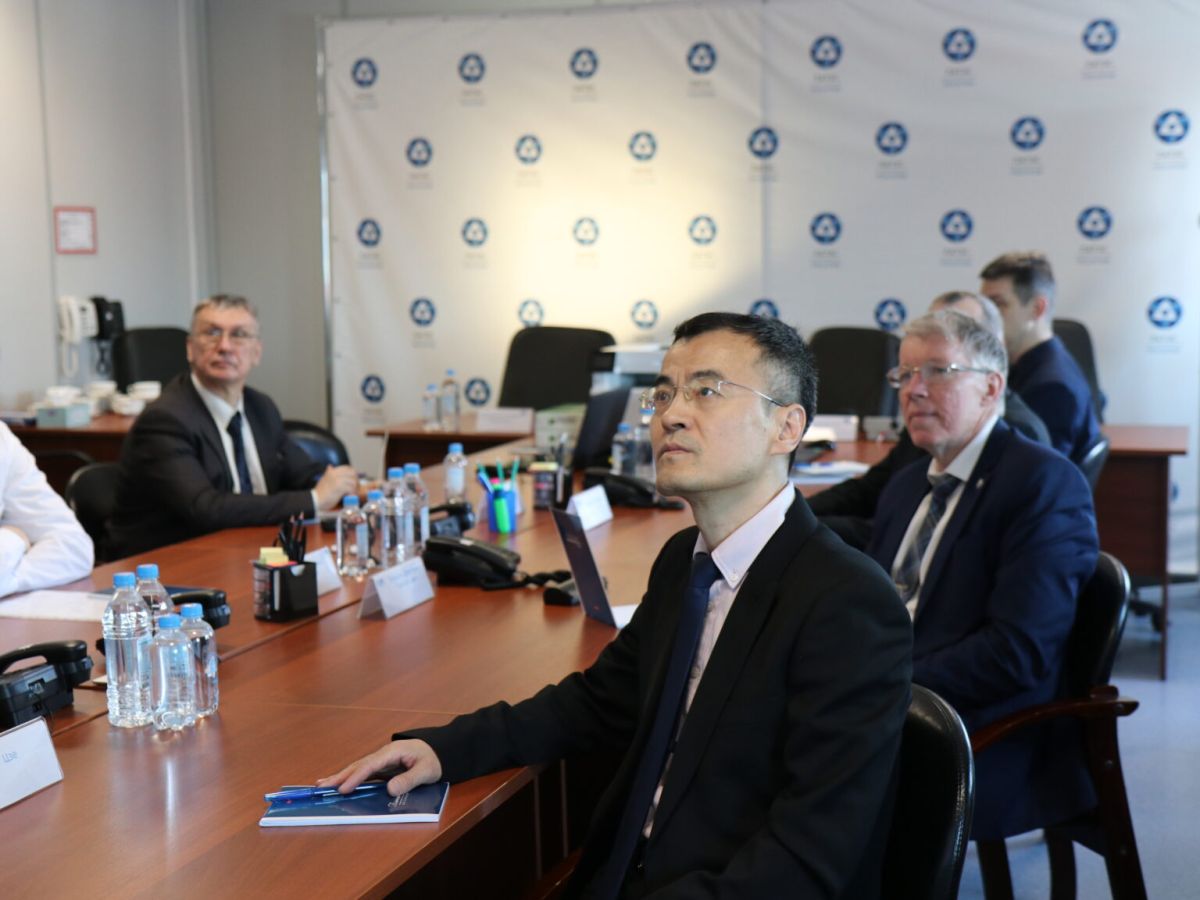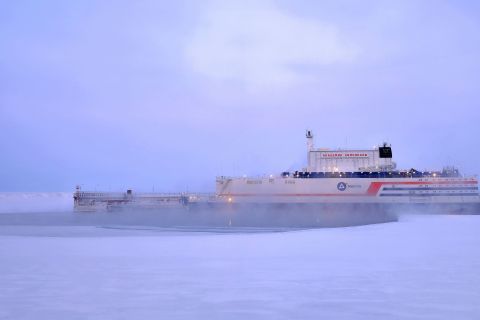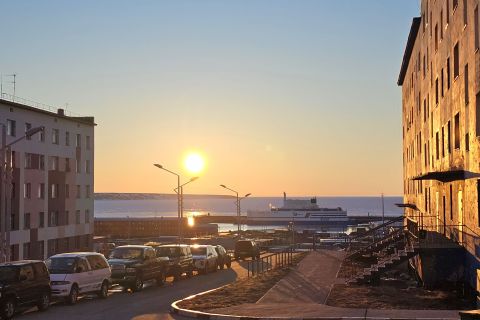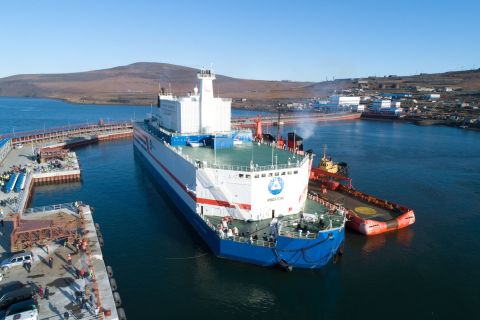WANO peer review mission to the world’s only floating nuclear power plant completed
The World Association of Nuclear Operators (WANO) has completed the follow-up peer review mission to the floating nuclear thermal power plant (FNPP) (Pevek, Chukotka Autonomous Okrug, Rosatom electric power division).

The mission was undertaken with the aim of inspecting the compliance with the recommendations concerning the FNPP given in 2022. The mission included two stages: the first stage was carried out in the FNPP training unit, where they train operating personnel of the plant, with the second one organized on the site. In total, about 20 employees of the floating nuclear power plant were involved in the work with the mission experts. WANO experts jointly with plant representatives assessed the FNPP operation and worked out measures aimed at improving the plant safety and reliability.
For a week, the members of the mission team including Chinese and Russian experts not only analyzed plant documentation, but also monitored the work and interviewed the FNPP personnel. They discussed the results of the review and informed plant managers of various levels thereabout with the aim of building up a stronger and more mature safety culture.
“The purpose of the follow-up peer review is to inspect how accurately the directions proposed based on the results of the operational peer review in 2022 are followed. The experts assessed the focus areas including risk management, operation, maintenance and repair, radiation safety, etc.,” said Dmitry Zerkal, Head of the WANO mission. He noted that according to the review findings, the FNPP has achieved good results in all areas.
REFERENCE
WANO’s mission is to improve safety at all NPPs: to maximize the safety and reliability of NPPs worldwide working together to assess, benchmark and improve performance through mutual support, information exchange and best practices. Peer review and exchange of best practices as part of the WANO support missions aim at helping ensure nuclear safety.
Floating power units (FPU) represent a modern high-tech solution for reliable and cost-effective power supply to coastal and isolated regions from a carbon-neutral source. The solution is based on a reference advanced reactor unit of the RITM-200 type, which has a proven track record of operation onboard the nuclear icebreakers of Project 22220. Underway is the construction of floating power units that are to supply power to the Baimsky Mining and Processing Combine. Dozens of countries and regions are expressing their interest in FPUs. The Arctic zone alone is estimated to need up to 15 floating power units.
Rosatom holds safety including the FNPP safety as its key priority. The company attaches considerable importance to the improvement of safety culture, introduction of modern occupational health and safety practices, and application of information technology. The floating nuclear thermal power plant features a high level of safety at all stages of production, also ensuring it at the social level.
The efficient operation of the fuel and energy network is of utmost importance for the state, ensuring economic security and well-being of citizens. Large industry companies are developing production and investing in import-substituting technologies. Rosatom and its companies are actively involved in this work.
More news

FNPP generated its first billion kilowatt-hours in Chukotka
The floating nuclear power plant has generated its first billion kilowatt-hours of electricity for the isolated power grid of the Chaun-Bilibino energy hub in the Chukotka Autonomous Region.

World’s only operational FNPP generates 978 Million kWh of electricity in five years
On December 19, 2019, the floating nuclear power plant (FNPP) – a project developed by Rosenergoatom, part of Rosatom’s Electric Power Division – was first connected to the isolated Chaun-Bilibino grid. Since then, it has steadily increased its output.

Over 5 years, Akademik Lomonosov prevented 390,000 tons of greenhouse gas emissions
September 14, 2024 comes exactly 5 years after the Akademik Lomonosov floating nuclear power plant (FNPP) moored at Pevek after its cruise from Murmansk.


